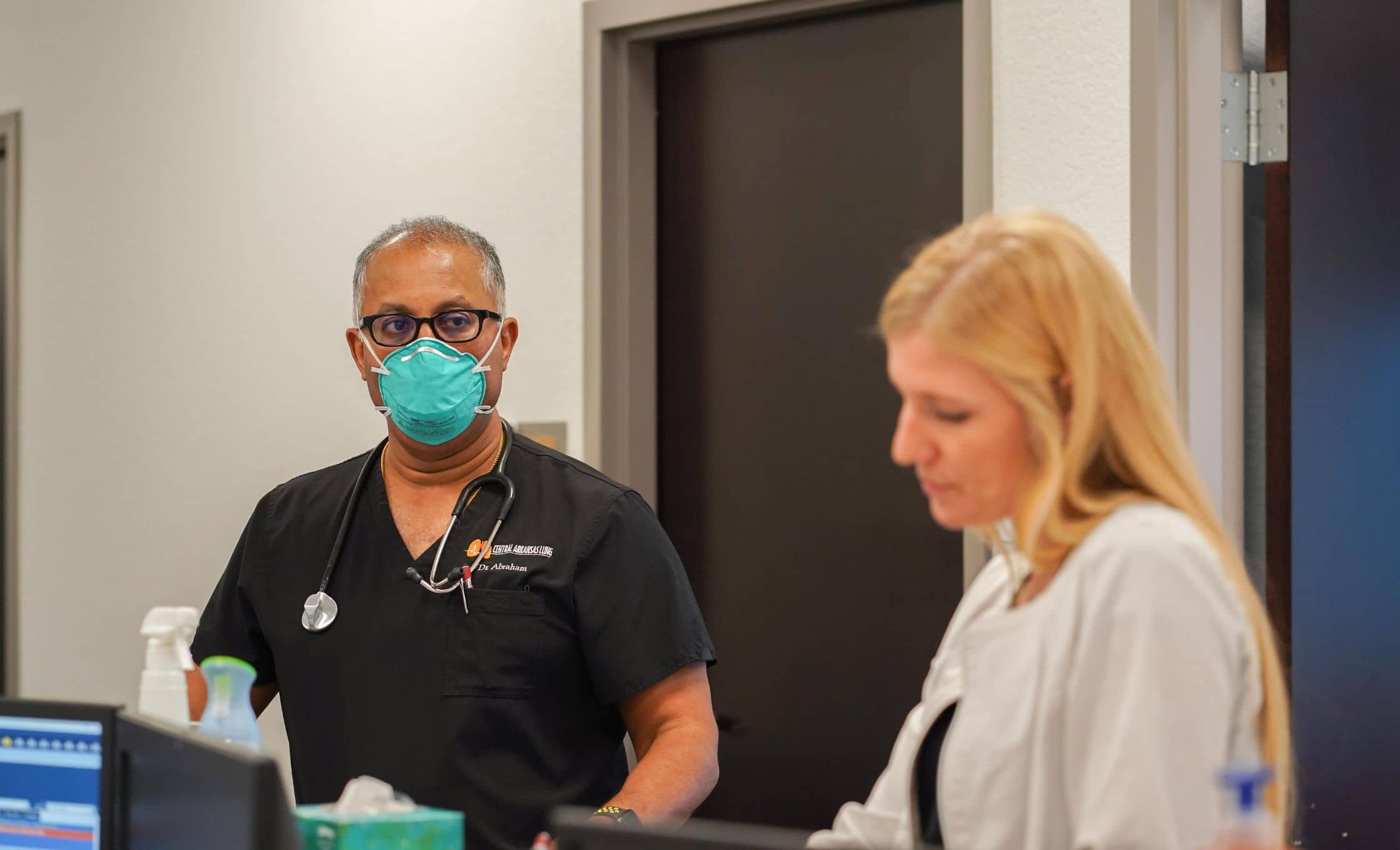Allergy Testing

About the service
Respiratory allergies are a common nuisance that many people deal with at various times throughout the year. Seasonal allergies are usually not much more than an inconvenience, but some allergies can be fatal.
We perform allergy testing to help understand and diagnose any allergies that you might be dealing with, to help you take the necessary precautions to avoid allergens in the future.
What to expect
During an allergy test, a trained member of our staff will perform an examination to determine if your body will have an allergic reaction to a known substance.
Typically, this exam is performed as a skin test. Allergies occur when your immune system (your body’s natural defense system) overreacts to something in your environment.
First visit: For specifics, see our FAQs below. The details of your visit may vary based on your specific symptoms, overall health and care preferences. In general, though, here a brief overview of what you can expect at your pulmonologist appointment.
- Detailed questions regarding your current health and medical history, including smoking habits, previous surgeries, recent vaccinations, major health conditions and family medical history
- A review of basic health characteristics, including height, weight, temperature, blood pressure and oxygen levels
- A physical exam, which may involve checking for signs of low oxygen levels, swelling and reduced blood circulation
- Diagnostic testing in accordance with your symptoms—this may include a spirometry test, chest X-ray, CT scan or exercise oximetry test
It’s also a good idea to bring these items to your pulmonology appointment or send them electronically, if applicable:
- Pulmonary function test results
- Results from X-rays and other imaging tests
- Bloodwork results
- A list of any medications and supplements you are taking, along with the dosage and prescribing physician
In addition, consider making a list of any questions you would like to ask your pulmonologist during your visit.
Second visit: During your second visit, the provider will go over all tests that were ordered during your initial visit and discuss a treatment plan with you.
Ongoing: The details of your ongoing visits will depend on your treatment plan and health condition.
Who you’ll work with

Dr. Ladly Abraham, Pulmonologist

Brandi Enloe, RN BSN
More information & FAQs
Does allergy testing hurt?
Allergy testing usually is not painful. However, depending on what type of test is being administered, you might feel a small amount of discomfort. This might occur during a skin prick test or blood test.
Additionally, if you undergo a challenge test– that is, a test in which you’re exposed to a small amount of a specific allergen– you might feel some discomfort. No matter what, you’re in the care of experienced professionals whose goal is to minimize discomfort and help you determine a plan of action.
What should I do to prepare for my allergy test?
You probably won’t need to do anything specific to prepare, other than potentially avoiding certain medications and antihistamines before the test.
What if I have an allergic reaction during my test?
Some parts of the allergy testing process are designed to cause a reaction. This means that it’s definitely possible to have an allergic reaction during the test. However, the test is performed in a controlled environment while under the supervision of a professional– which means that you’re in great hands. In fact, this is probably the ideal environment in which to have an allergic reaction!

